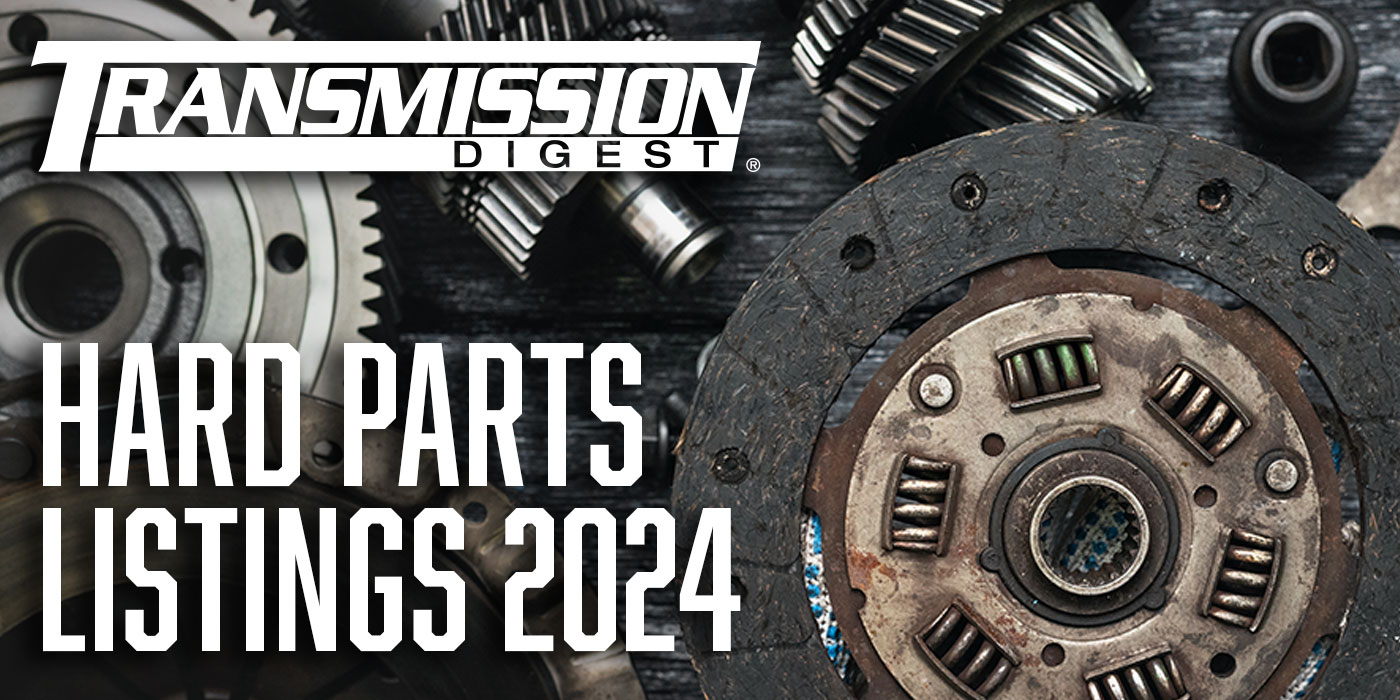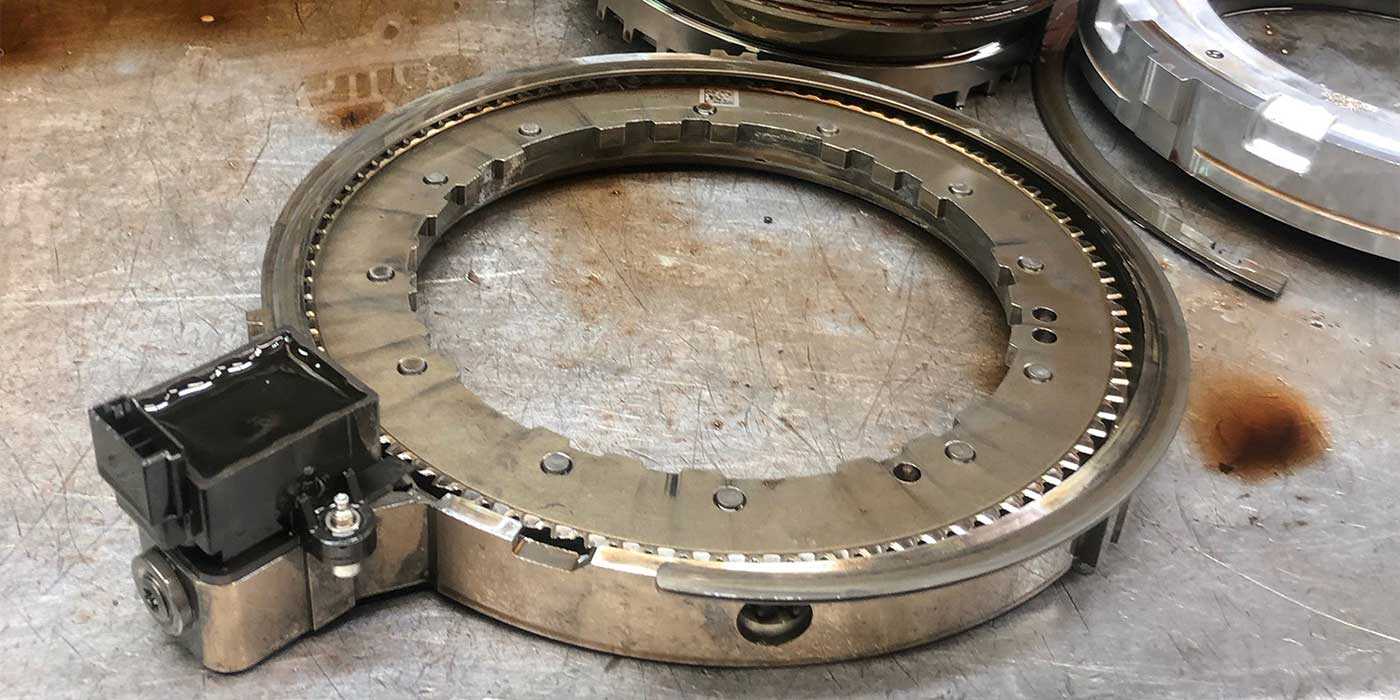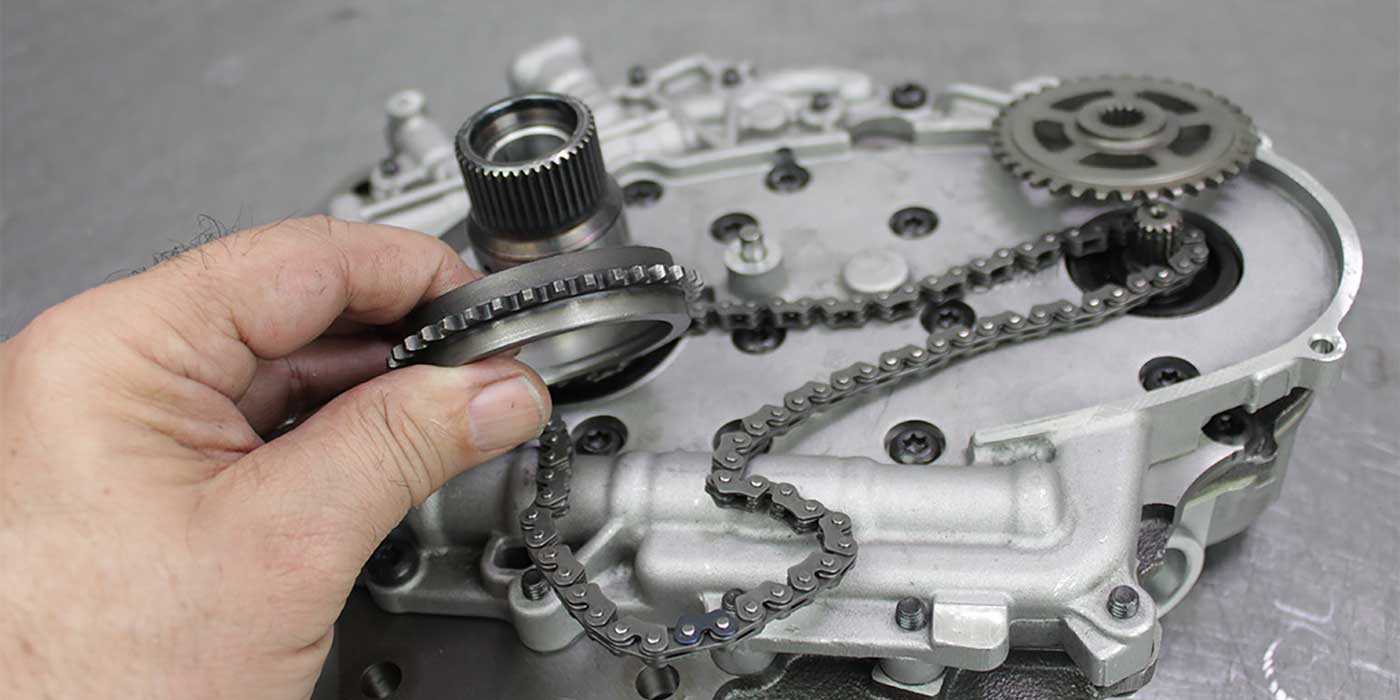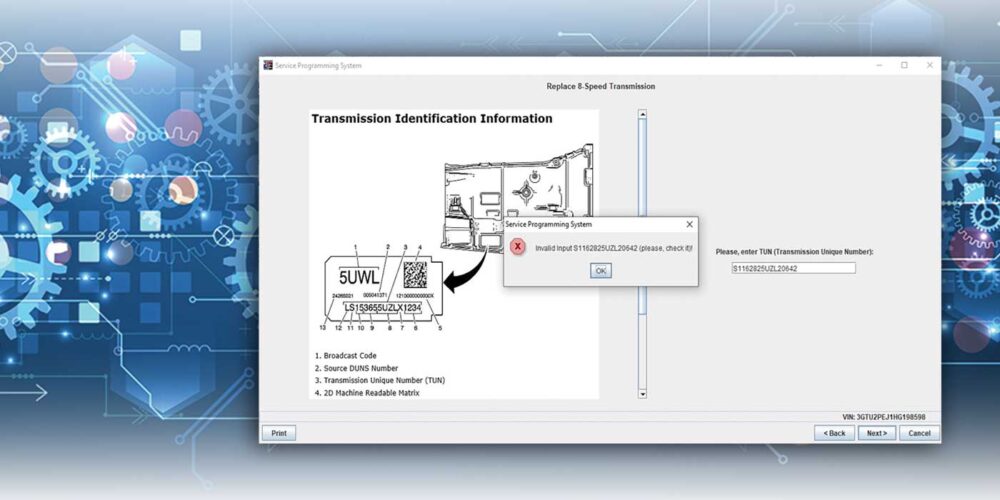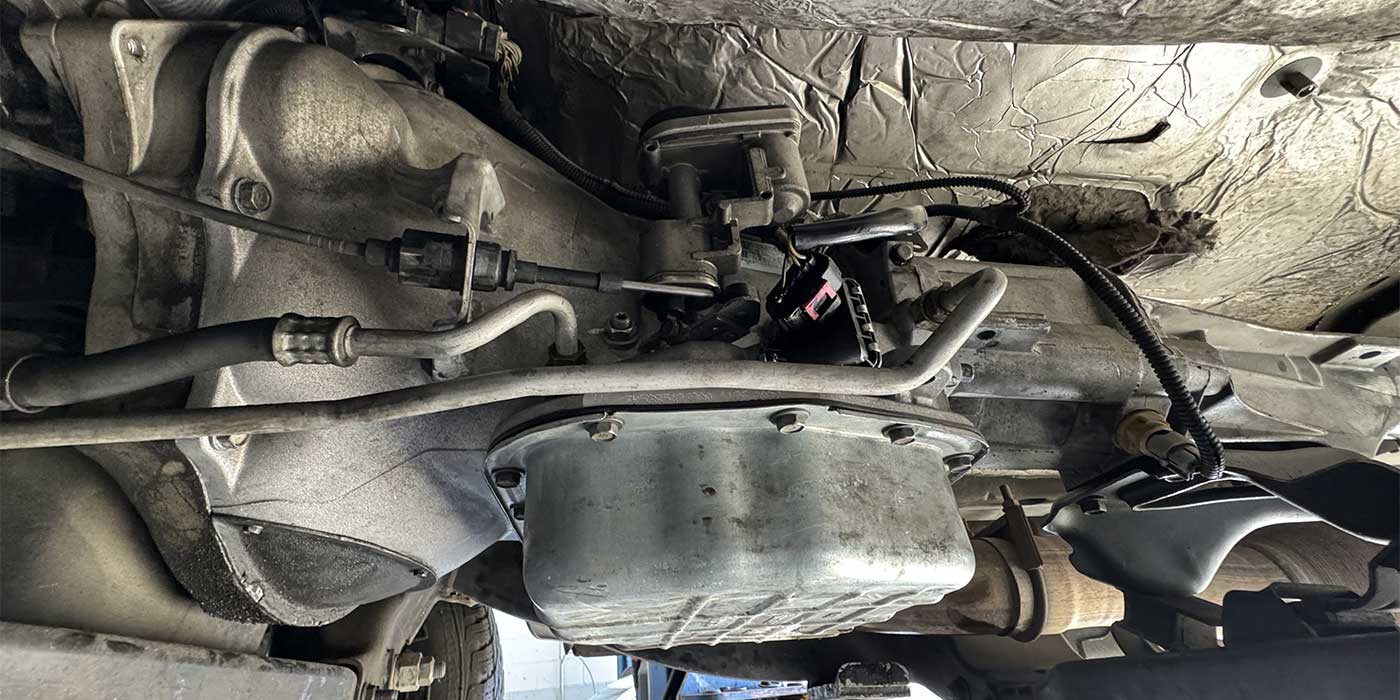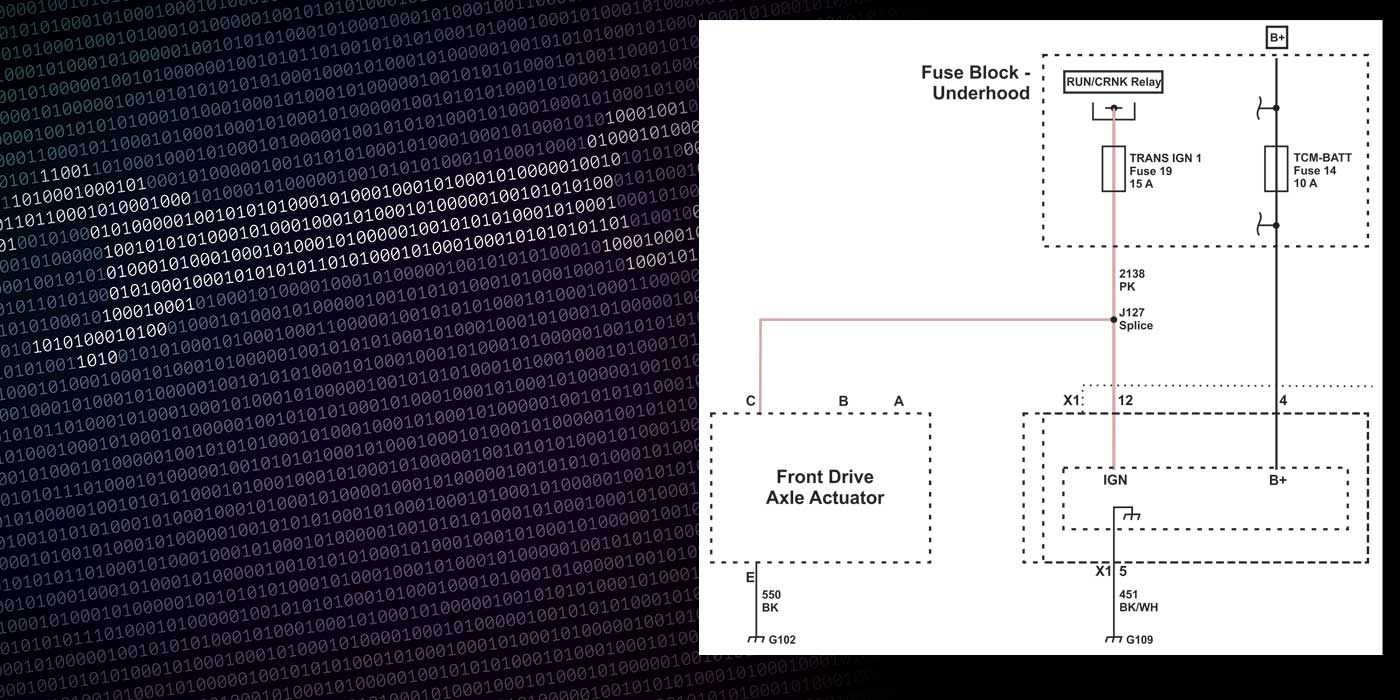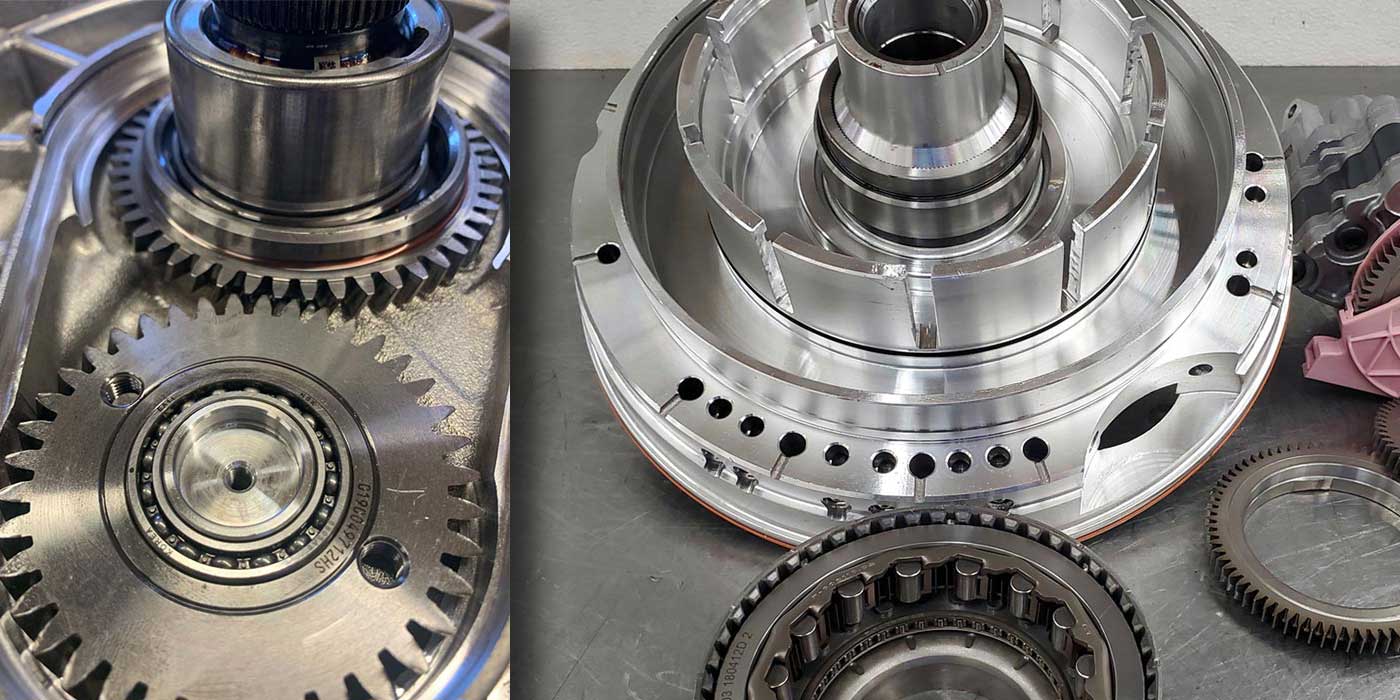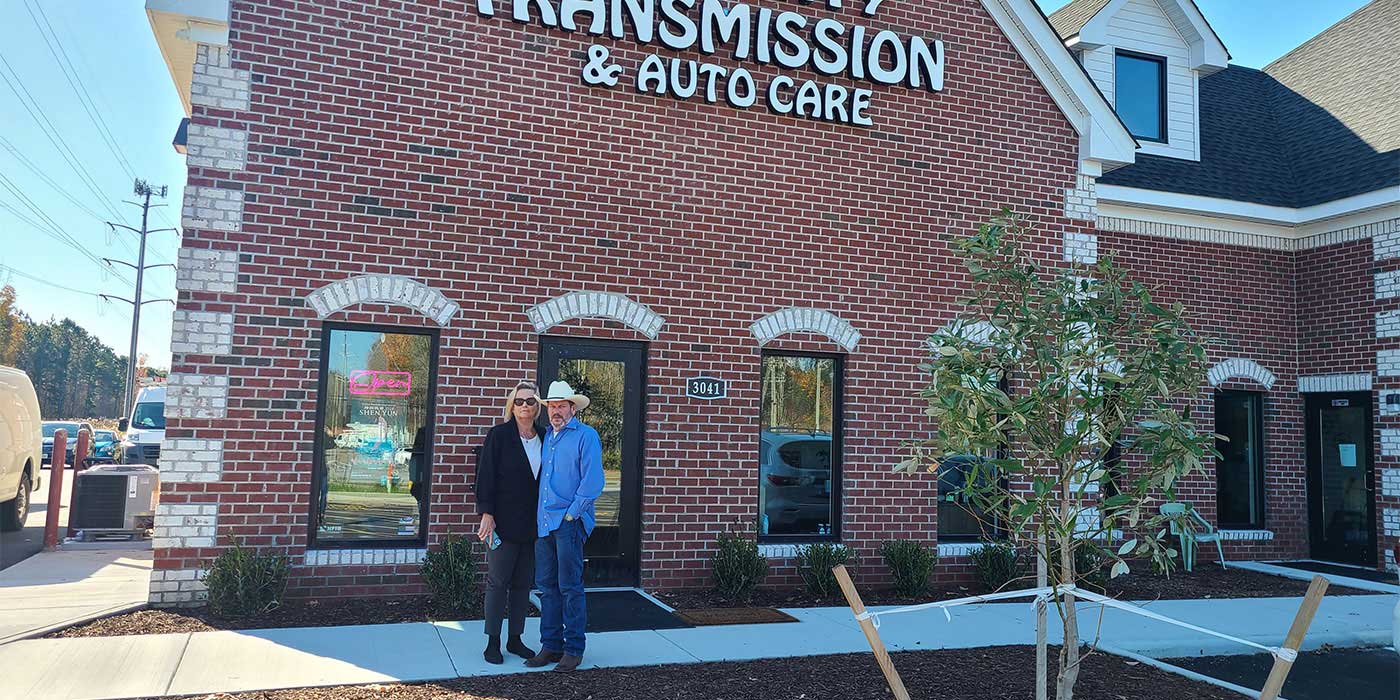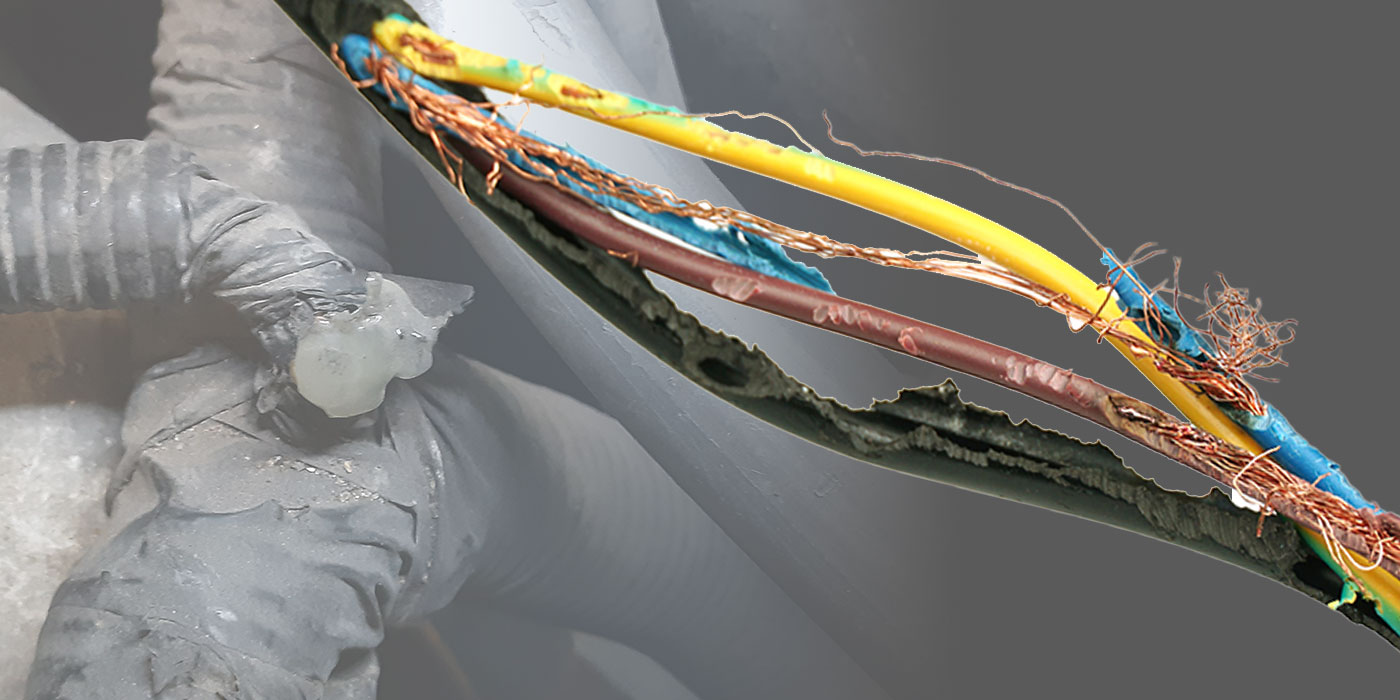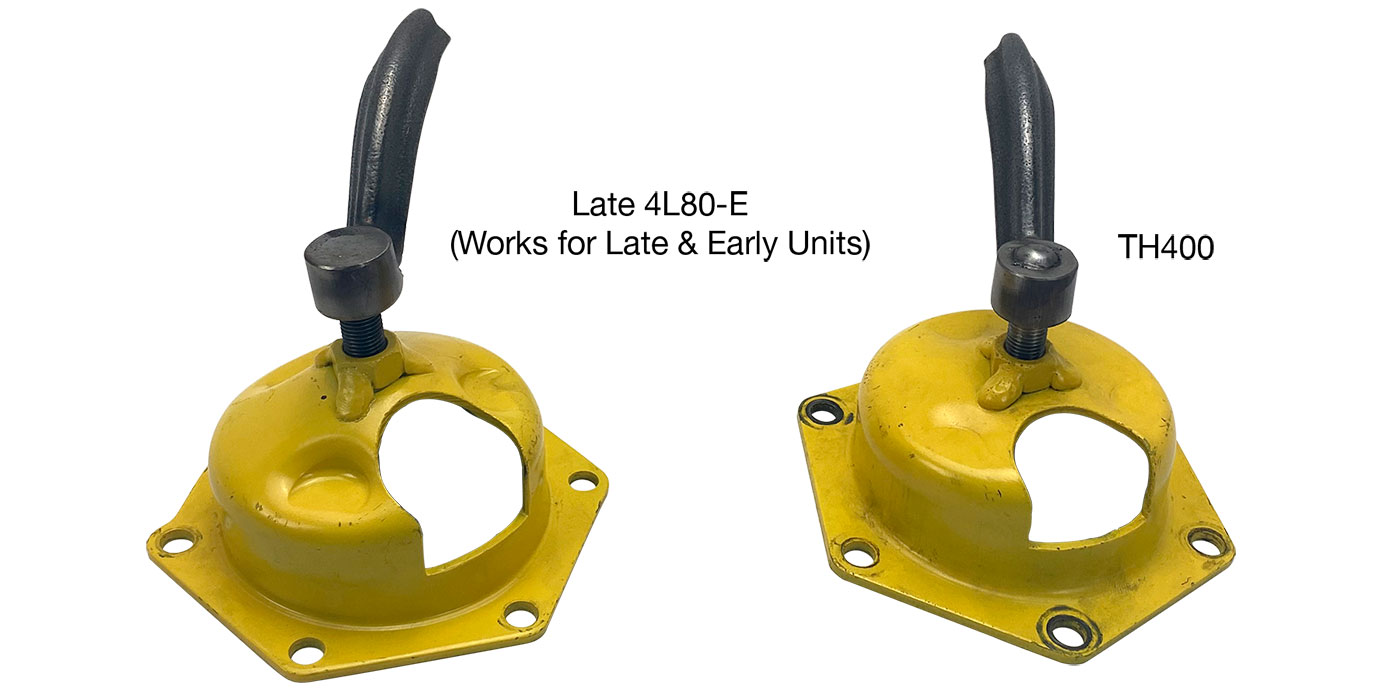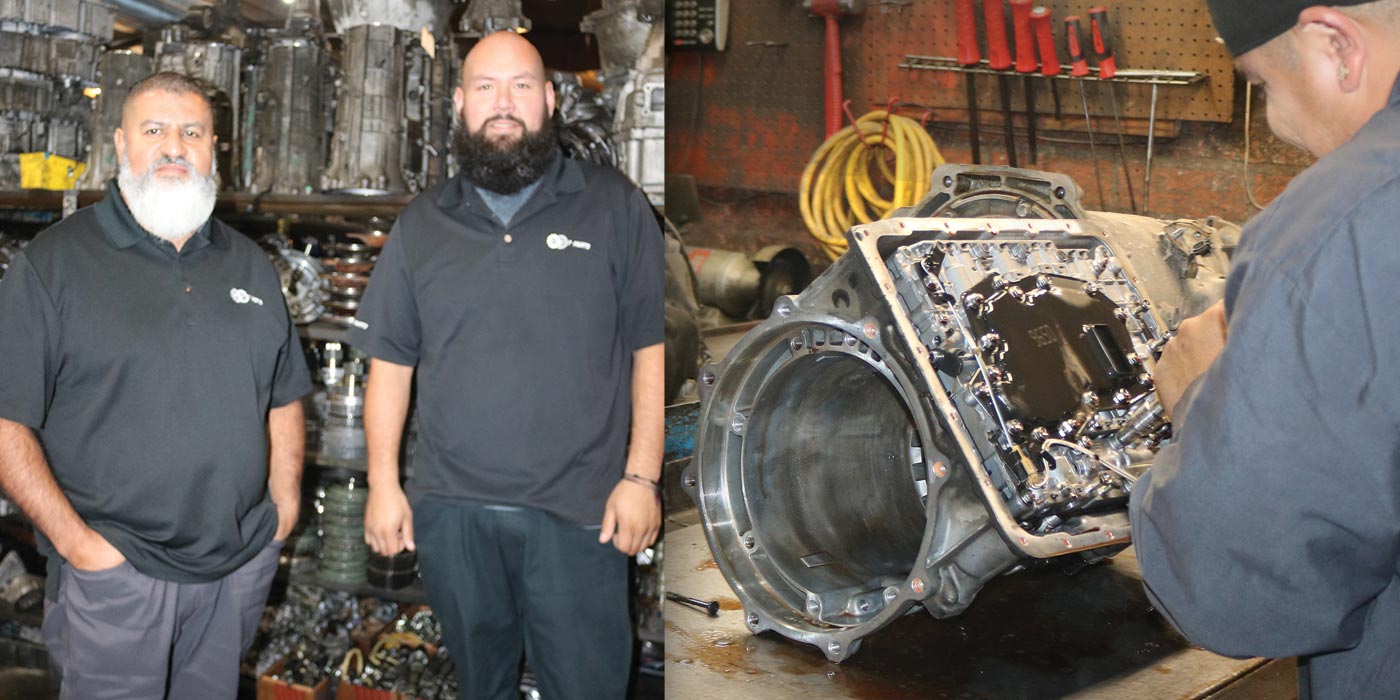Everyone is aware of the current supply chain issues plaguing our industry and many others. Between a lack of raw materials that affect all rubber/paper and steel products and problems with containers at our ports, these are issues that will continue through Q2 of 2022, if not beyond. This is happening during a time when new cars are unavailable (for similar supply chain issue reasons) and people are holding onto their current vehicles, making it somewhat of a boom time for transmission repair. We felt it was important to look at this issue from a shop’s perspective and see how shop owners are dealing with the repercussions of these parts shortages.
Through our conversations with shop owners and rebuilder executives, it became clear that there is an immense domino effect placed on shops once specific parts or materials become unavailable or delayed.
“Parts that were same-day or 24 hours away are now several days,” said Pat Sepe, owner of Dial Transmission in Merrick, NY. “Therefore, the movement of vehicles off our lifts has set our scheduling and completion of repairs back several days. This means vehicles waiting to be worked on are being delayed.”
“I inform customers of the problems in shipping and delivery of parts,” said Rich Dodzik of Avon Transmission in Avon, IN. “[I explain] that this will delay the delivery of their car in a somewhat timely manner.”

There is also extraordinary pressure put on shop owners to change tried and true methods of serving their customers in an attempt to keep jobs turning around in a timely manner.
“I use multiple parts houses including OEs,” said John Parmenter, owner of Centerreach Trans on Long Island. “I spend about two hours a day sourcing parts now.”
Many builders now concur that availability of parts now outweighs the price.
“We use every resource for parts available to us,” said Sepe. “We need to move vehicles in and out, and the customer has to absorb the cost.” Sepe stated that he is “checking on price increases daily.”
“Unless there is an outrageous price increase, the quote I give [customers] stands,” Dodzik said. “They will be informed if anything changes.”
Some shop owners are turning to reman units when parts are unavailable for a specific job.
“We do use reman units when there is a time factor in getting parts,” Dodzik said. “Or if the shop is backlogged in the building area.”
“I would use a reman in a pinch,” Parmenter said, “when I have cars backed up.”
Many shops are buying any parts that are available and stocking them in an effort to anticipate jobs that may come in the door. While this may have a “boom effect” for distributors, eventually it will have to level out.
While all the shop owners we spoke to say that they are kept informed of parts issues from their distributors, they all agreed that they have had to go above and beyond to find needed parts, even using dealerships and local auto parts stores for items.
The “any port in a storm” mentality has served all shops during this time.
“Whoever gets the parts here first,” is who will be used for any specific, hard-to-find part, added Sepe.


